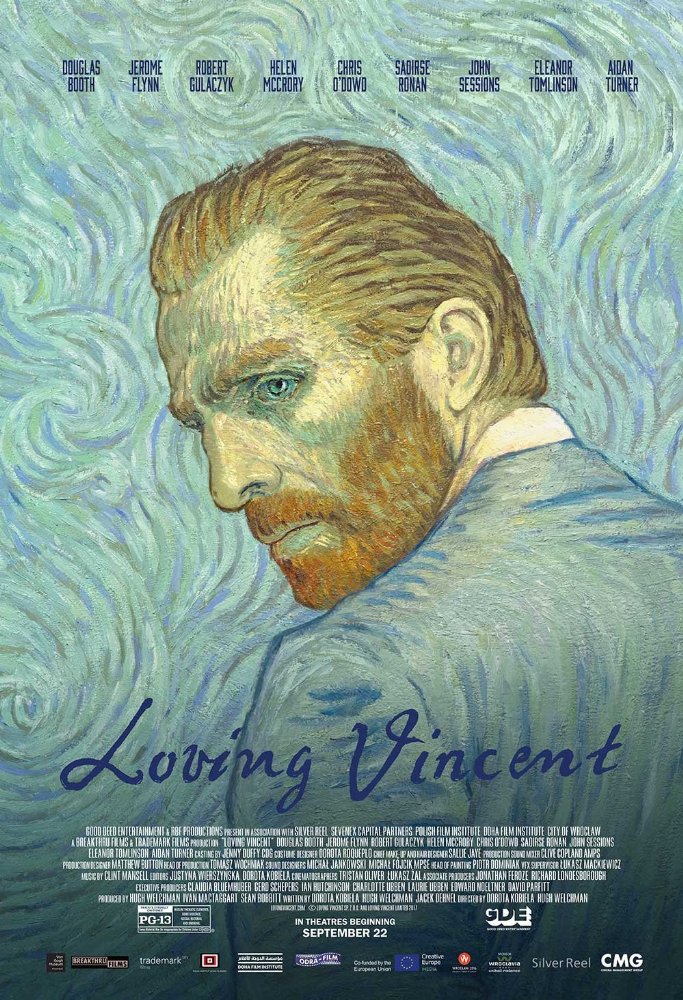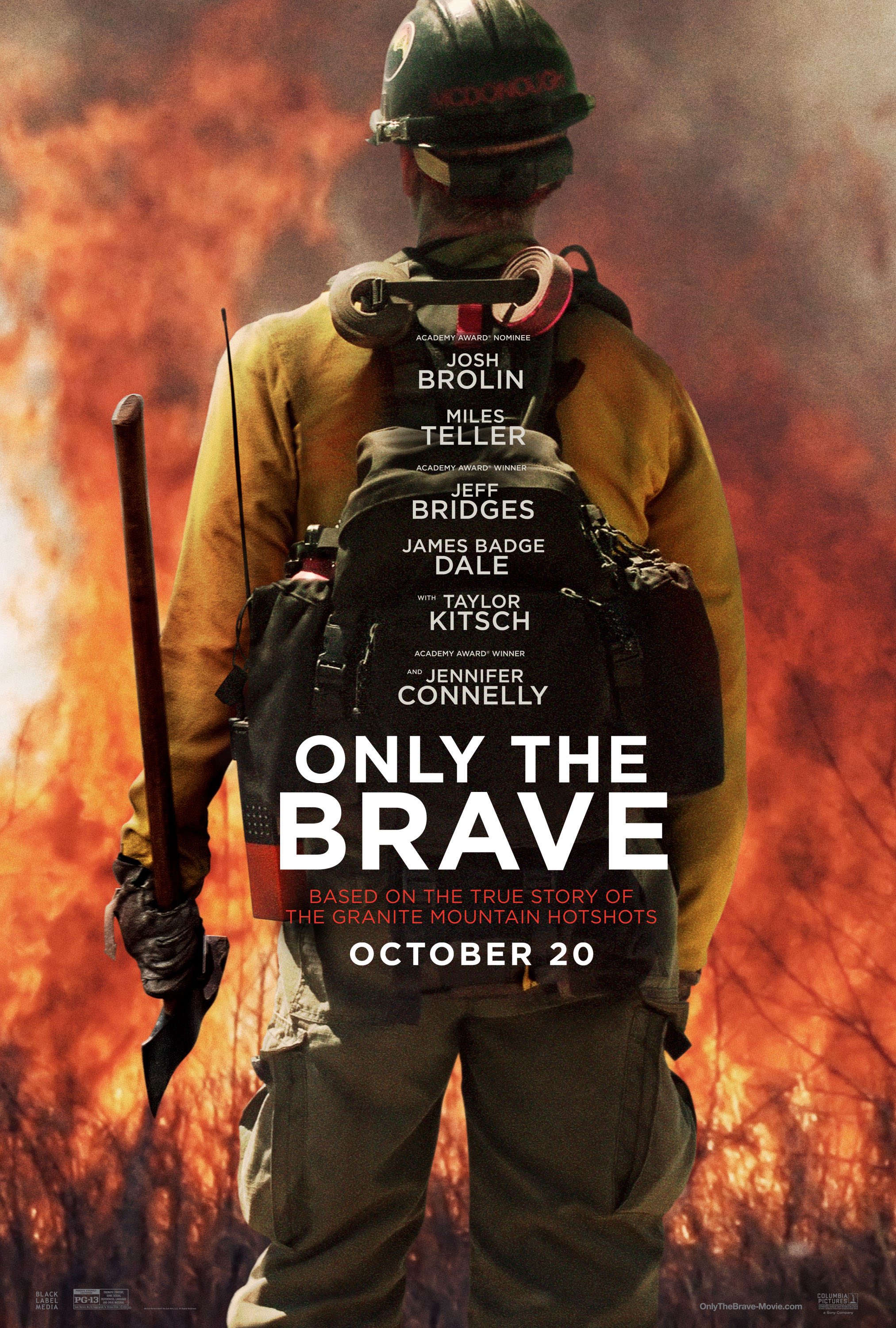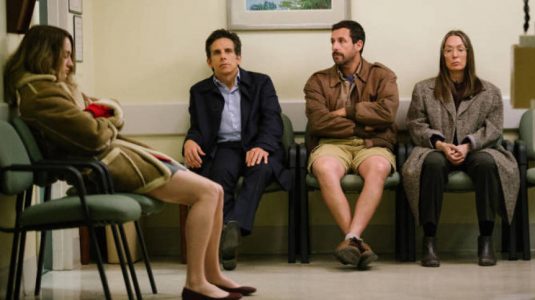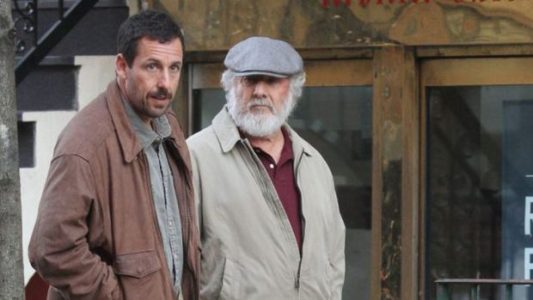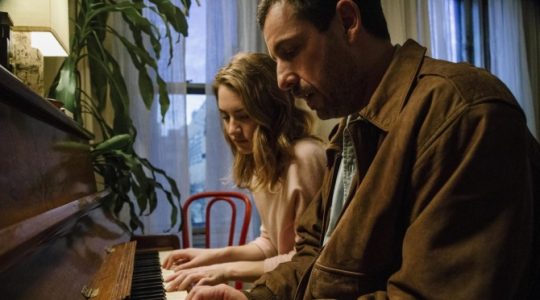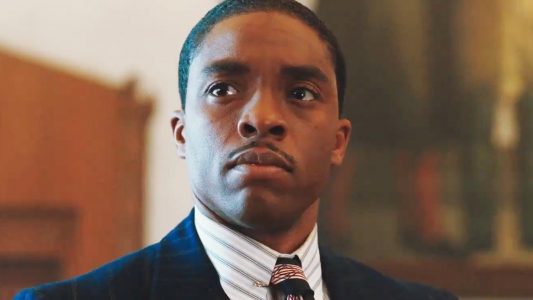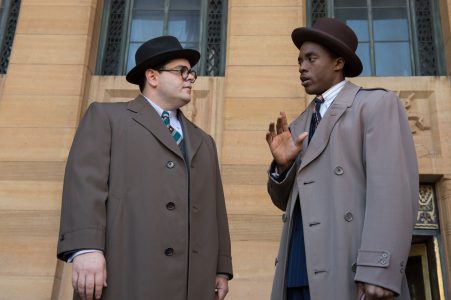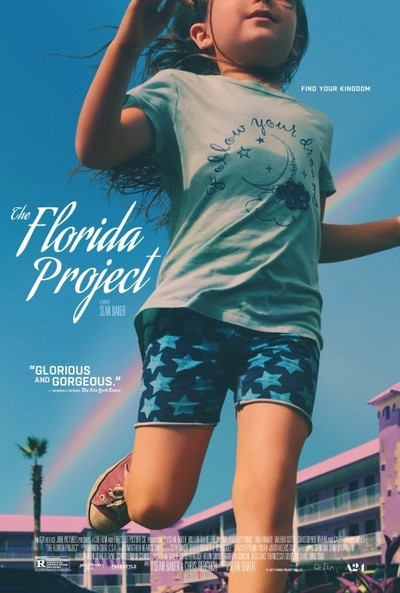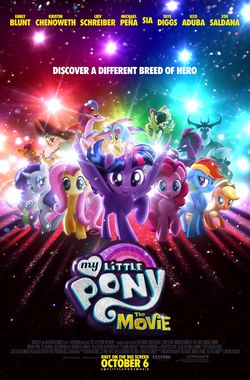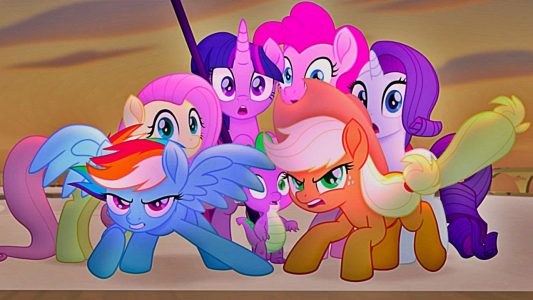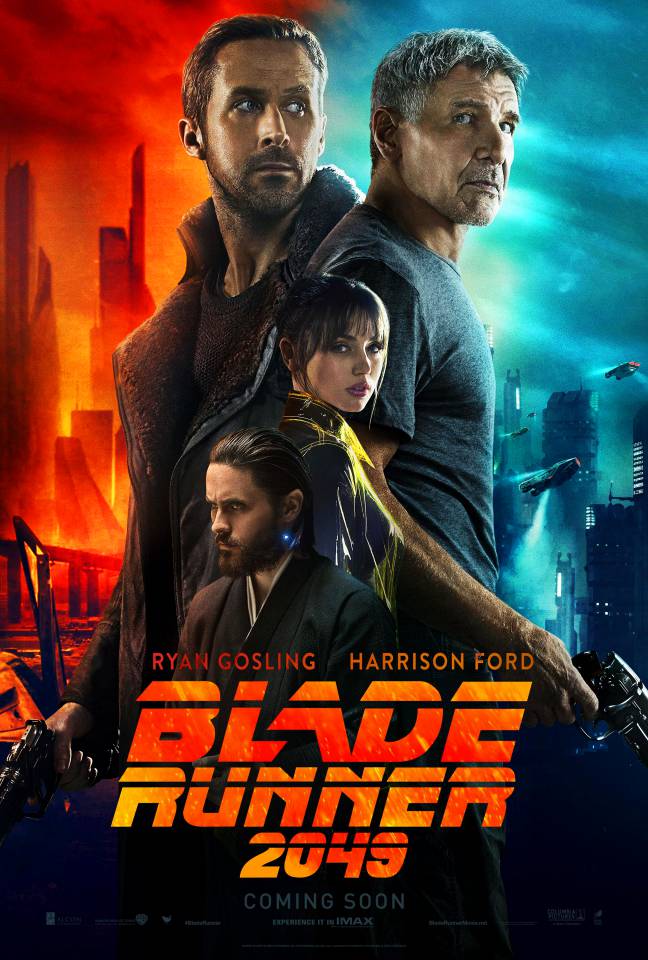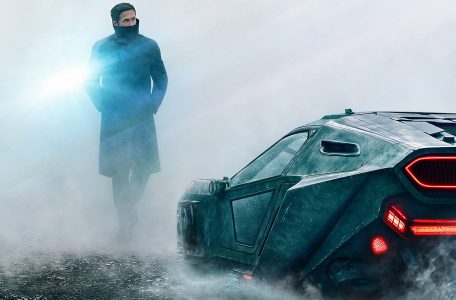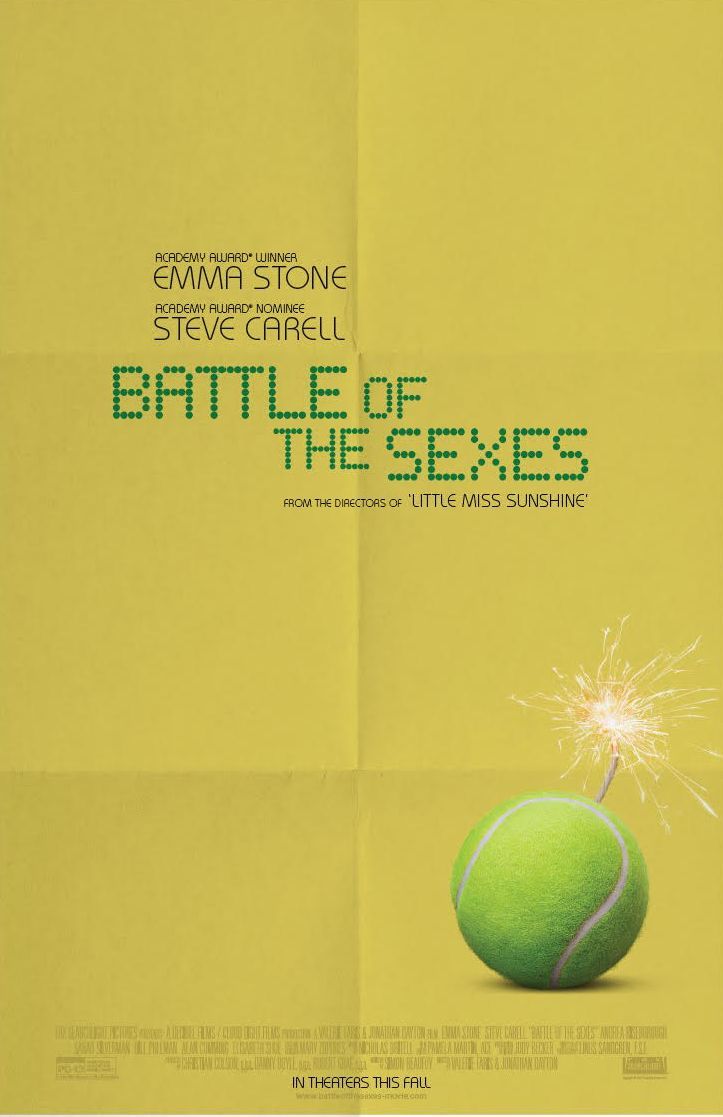Loving Vincent (2017)
Occasionally, cinema will give us a film that pushes the boundaries of what has previously existed, either through technical advancement or unique narrative construction. Loving Vincent is such a film and is unlike anything you’ve ever seen before. To simply refer to it as animation would be a disservice because what has been accomplished here is far more special than a single word could describe.
Loving Vincent‘s plot is a murder mystery exploring the curious circumstances around the death of Vincent van Gogh. One year after van Gogh’s death, a postman requests that his son Armand personally deliver van Gogh’s last letter to his brother, Theo. After finding Theo has also died, Armand seeks to complete the task by finding someone to deliver the letter to and in the process begins to question van Gogh’s actions, wondering if his suicide was perhaps a homicide instead. Armand discovers more information about Vincent through present conversations and dramatized memories recounted by those he meets. Ultimately, while the questions raised are intriguing, the manner in which this tale is told is quite lackluster. There are no answers here either, only general speculation from characters with varying perspectives. I’ll admit that I learned a bit about van Gogh’s past and personality, but a 94-minute film shouldn’t feel as long as this one does.
Let’s talk about that animation style, though. The story of Loving Vincent’s creation will likely be what is remembered most and rightfully celebrated. Filmmakers Dorota Kobiela and Hugh Welchman first shot the film in live-action before enlisting a team of 115 painters (the training of some which was partially funded by a Kickstarter campaign) to paint over each of the 65,000 frames in oil paint using van Gogh’s signature style. The result is some of the most dazzling, visually stunning animation you will ever see. The film’s vibrant color palette and textured brushstrokes make you feel as if you’re quite literally living inside of a painting, and the transitions of color in the present to black and white during memories was a great visual touch-point for what time period the story was depicting. It all has such an incredible effect, though, that it sadly at times overshadowed the expository story to the point where I was focusing on the visuals and not paying attention to what was being said.
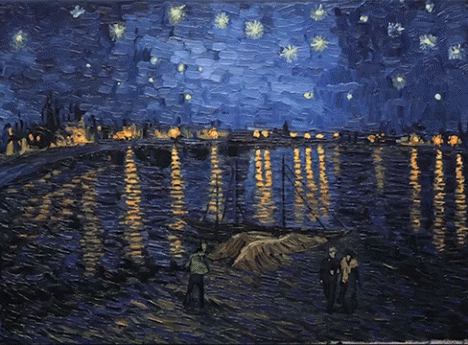
Verdict
Loving Vincent is a step forward for the filmmaking industry and will certainly spawn new attempts at using these methods. It is a magnificent artistic achievement and it’s disappointing that the narrative’s quality did not match the film’s uniquely spectacular animation. That doesn’t, however, mean it’s not worth seeing. If Loving Vincent is playing near you, make it a point to see this on a theater screen and marvel at the incredible beauty of something that has never been done before.
Rating:
 Aaron White is a Seattle-based film critic and co-creator/co-host of the Feelin’ Film Podcast. He is also a member of the Seattle Film Critics Society. He writes reviews with a focus on how his expectations influenced his experience. Follow him on Facebook and Twitter to be notified when new content is posted.
Aaron White is a Seattle-based film critic and co-creator/co-host of the Feelin’ Film Podcast. He is also a member of the Seattle Film Critics Society. He writes reviews with a focus on how his expectations influenced his experience. Follow him on Facebook and Twitter to be notified when new content is posted.

